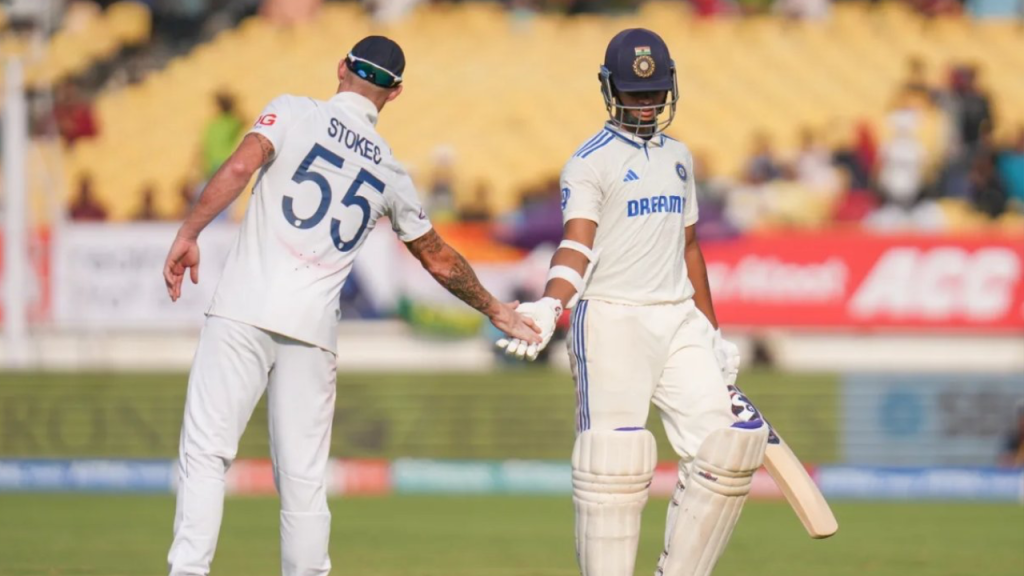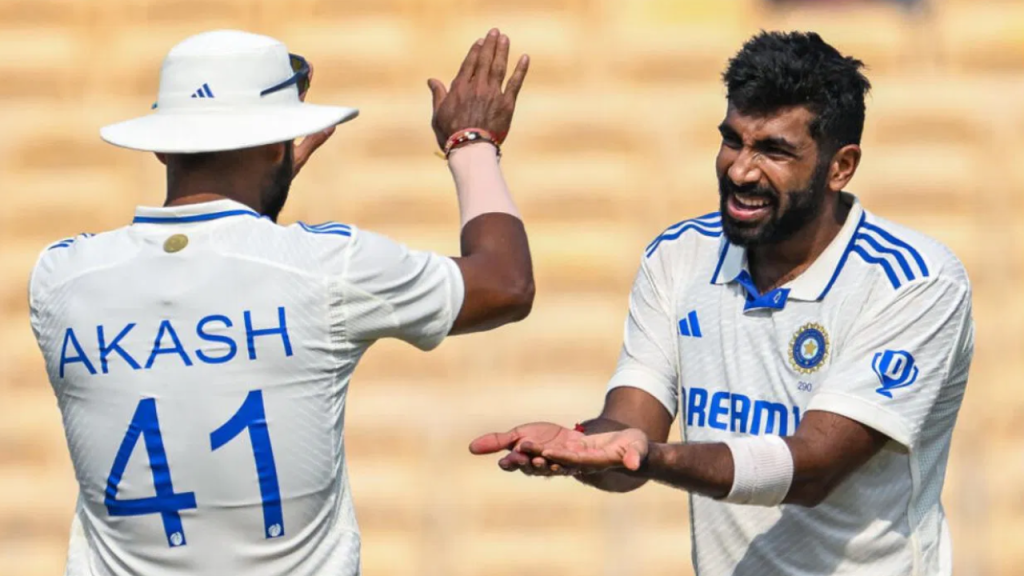In the heat of the Ashes 2023, an incident at Lord’s not only sparked debate over the ‘Spirit of Cricket’ but also led to a notable social and sporting standoff. England’s coach, Brendon McCullum, famously declared he wouldn’t be sharing a beer with the Australian team anytime soon, a statement that resonated across the cricketing world and beyond, reflecting deeper sentiments about sportsmanship and rivalry.
The incident in question involved Jonny Bairstow’s controversial dismissal, where Australian wicketkeeper Alex Carey stumped him after Bairstow had left his crease, assuming the ball was dead. This move, while within the laws of cricket, was seen by many, including Brendon McCullum, as against the spirit of the game. McCullum’s reaction was not just about the dismissal but encapsulated a broader narrative of how cricket, especially in the context of the Ashes, transcends mere gameplay into realms of sportsmanship, tradition, and rivalry.
McCullum’s refusal to share a beer, a traditional gesture of camaraderie post-match, was more than just a personal stance; it symbolized a moment of contention in cricket’s history. This act was not just about Brendon McCullum; it reflected the England team’s collective sentiment, feeling slighted by what they perceived as unsportsmanlike conduct. However, this stance also opened up Brendon McCullum to criticism, with some pointing out his own controversial actions during his playing days, like running out Muttiah Muralitharan in a similar spirit of the game debate.
The aftermath saw a mix of reactions across social media platforms like X (formerly Twitter), where fans, former players, and commentators weighed in. Some supported McCullum, arguing that the spirit of cricket was indeed at stake, while others criticized him for hypocrisy, highlighting past incidents where the spirit of cricket was arguably bent by England players too. This debate wasn’t just about one incident but touched on the essence of what cricket represents to its followers – a game where the handshake at the end, often over a beer, signifies respect, regardless of the day’s result.
Interestingly, as the series progressed, McCullum’s stance seemed to soften. Post the series, with emotions less raw, he clarified his comments, suggesting they might not have been interpreted as intended. This shift indicated not just a personal reconciliation but also cricket’s inherent ability to heal rifts through its traditions. The eventual sharing of a beer, as hinted by McCullum after the series, symbolizes cricket’s unique blend of competition and camaraderie, where even the fiercest rivals can share a moment of peace.
This episode with McCullum refusing beer with the Aussies encapsulates much more than a mere sporting disagreement. It’s a narrative about tradition, sportsmanship, and the evolving nature of cricket’s spirit. It highlights how deeply ingrained emotions and expectations are in cricket, especially in series like the Ashes, where every action, on or off the field, is scrutinized and storied. McCullum’s initial refusal, followed by his willingness to reconcile, mirrors cricket’s journey itself – from intense battles to moments of unity, all over a game deeply loved for its complexities and its capacity to bring people together, even in disagreement.





